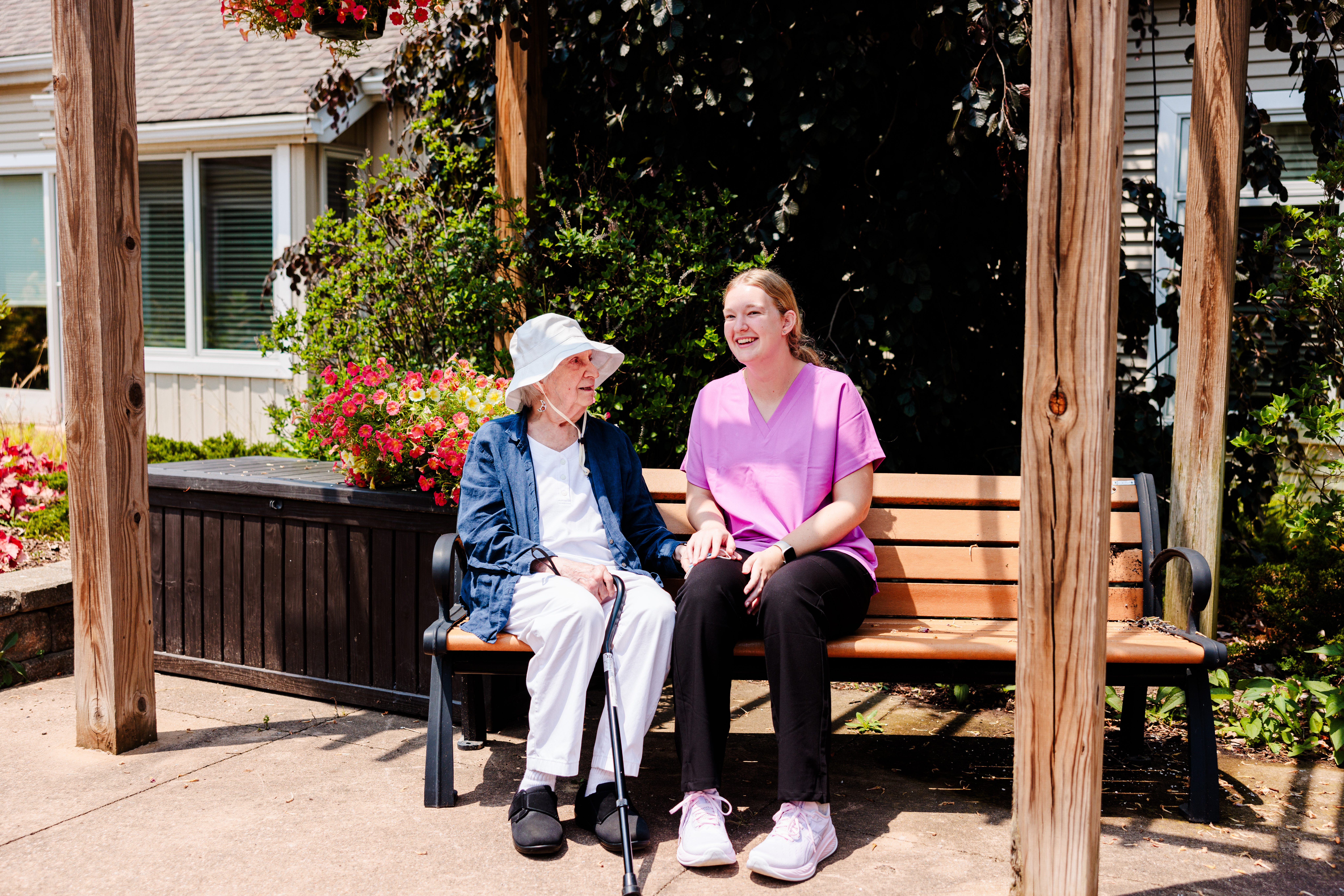Top Docs - The Rehab Man
Rebuilding lives destroyed by addiction.
by Colleen Mytnick | Feb. 27, 2006 | 5:00 AM
Imagine a room full of 300 drug and alcohol addicts. Twenty years later, 100 of them will have died either directly or indirectly from their disease. Now the good news: Of the remaining 200, more than half will be free of their addiction.
This is just one of the many statistics that pack addiction specialist Dr. Ted Parran's head, and arm him in his fight against substance abuse.
Parran, 49, got into the field while serving as chief medical resident at Baltimore City Hospital. The facility had just opened a big detox unit, but "couldn't find a single, willing soul" who wanted to staff it. "So they made me do it."
He quickly discovered that treating addiction was "at least, if not more rewarding than treating high blood pressure or diabetes."
These days, Parran seems to have a hand in just about every aspect of addiction treatment in the area. He's an associate medical director at Rosary Hall, the substance abuse provider for St. Vincent Charity Hospital. He also teaches at Case Western Reserve University, is the medical director for the local Veterans Affair's addiction recovery services and consults to a variety of other treatment programs.
Parran returned to Cleveland from Baltimore in 1988 because he and his wife wanted to raise their three kids here. His oldest child is now a freshman in college, a fact that led us to ask: How can you keep your kid from getting messed up by drinking or drugs?
"The key is to delay experimentation as long as possible," Parran says. There's a big difference, he adds, whether your child takes his first drink at 12, 16 or 21. "The later you delay, the better the chances."
So just how do you do that? "Supervise, supervise, supervise, supervise. End of story."
As in the world of fashion, drugs are cyclical, leading to the current trend of "retro cool" LSD on college campuses. But the biggest pattern is stimulant-opiate. "Every stimulant epidemic in America, starting in 1860 or 1870, has been followed by an opiate epidemic," Parran says. By the mid-'90s, cocaine was the drug of choice, which is when Parran and his associate Dr. Chris Adelman began predicting the rise of opiates such as heroin. "Cycles of drug abuse tend to be generational things," Parran says.
As for the perception that some addictions are easier to break than others, Parran says "hogwash." Whether you're dealing with alcohol, cocaine or painkillers, they're all alike in that they produce a surge of dopamine and feeling of euphoria.
The first step toward breaking an addiction is "making a firm self-diagnosis." It's when people say, "I really have [an addiction] and it's whoopin' me."
When these people sit down with Parran, he can offer hope: "Chances are, you'll get better."
As the statistics show, "the majority of people, if they survive, sooner or later get sober." It's Parran's job to push for sooner. "The pain and suffering between now and later is way too much for anyone to voluntarily suffer," he says.
Trending
-
1
-
2
-
3
-
4
-
5










